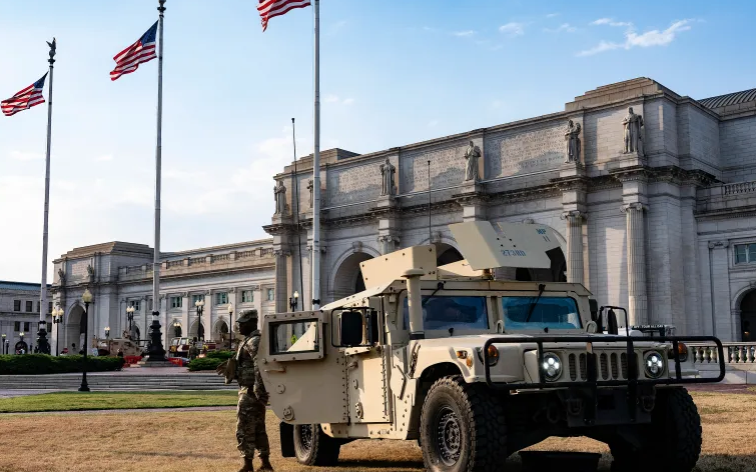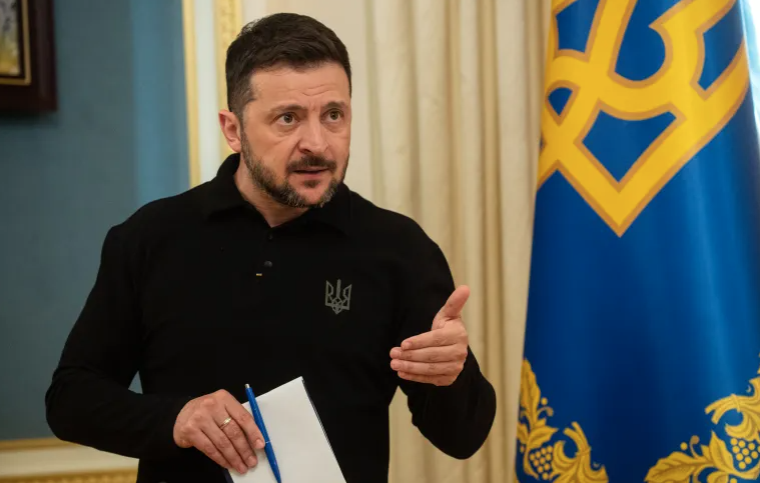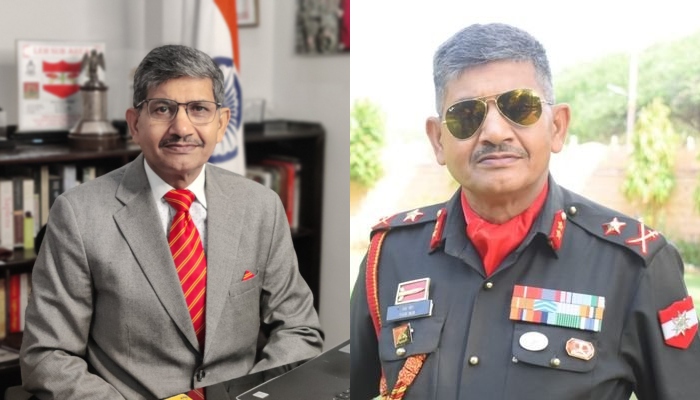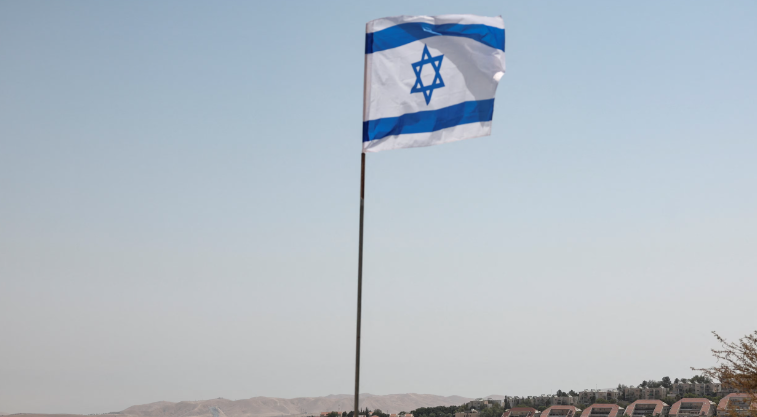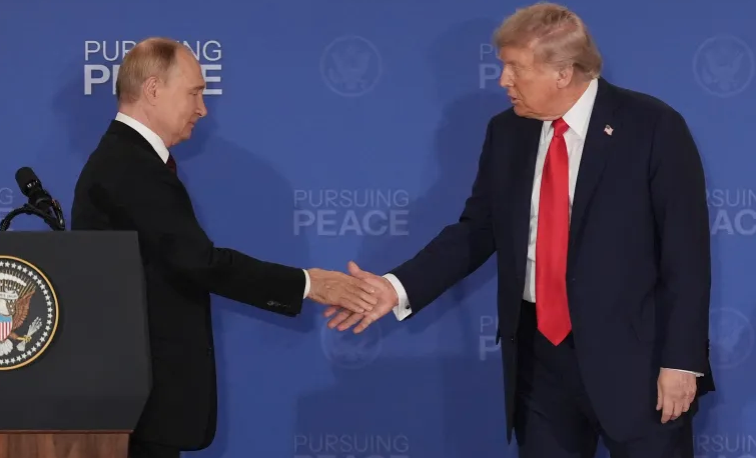WORLD NEWS
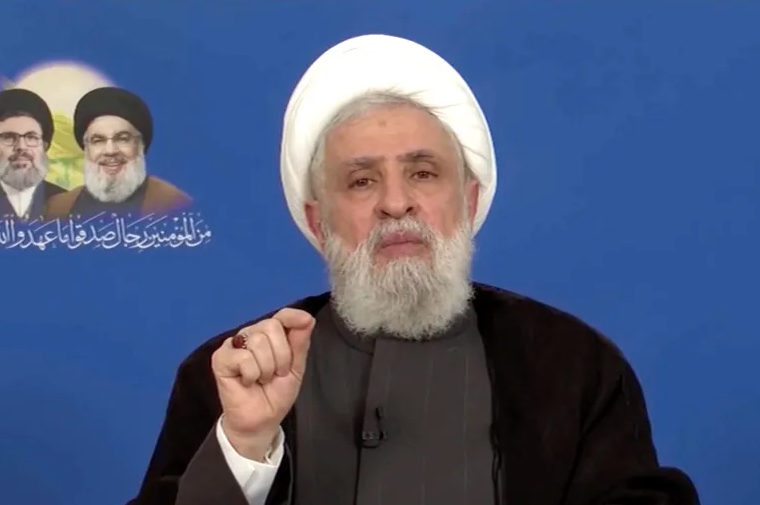
Beirut: Hezbollah’s deputy leader Sheikh Naim Qassem on Friday delivered a stern warning to Lebanon’s government over its plan to disarm the Iran-backed group, accusing authorities of “handing the country to Israel” and threatening to fight to preserve its weapons.
Speaking in a televised address following a meeting with Iran’s top security official Ali Larijani, Qassem said the government was implementing “an American-Israeli order to end the resistance” and warned that the push to dismantle Hezbollah amounted to a veiled invitation to civil war.
“This is our nation together. We live in dignity together, and we build its sovereignty together – or Lebanon will have no life if you stand on the other side and try to confront us and eliminate us,” Qassem said. “The resistance will not surrender its weapons while aggression continues and occupation persists. We will fight it, if necessary, no matter the cost.”
His comments drew a sharp response from Lebanese Prime Minister Nawaf Salam, who denounced the speech as “a veiled threat of civil war” and “unacceptable”.
Hezbollah emerged significantly weakened after last year’s war with Israel, which included the assassination of the group’s longtime leader Hassan Nasrallah in a massive Israeli strike on Beirut. Under growing pressure from the United States, the Lebanese government has tasked the army with developing a plan to disarm the group by the end of the year.
Tehran, a longstanding supporter of Hezbollah and a key force in the so-called “axis of resistance” against Israel and the West, has voiced strong opposition to the disarmament plan. Iran itself has recently suffered severe military and political blows, including strikes on its nuclear facilities during its own conflict with Israel.
Qassem acknowledged that Hezbollah and its ally, the Amal party, would not organize street protests “at this time”, but warned that could change if the disarmament process continues. “The government will be held responsible if there is internal strife,” he said.
Reporting from Beirut, Al Jazeera’s Zeina Khodr noted that most of Qassem’s message was directed at the Lebanese government itself, accusing it of exposing the country to “a major crisis”.
Before last year’s conflict, Hezbollah was widely believed to be better armed than the Lebanese military and maintains that its arsenal is necessary to protect Lebanon from external aggression. Critics argue, however, that the group uses its weapons to exert political influence domestically.
During his recent visit to Beirut, Iran’s security chief Larijani met both Qassem and Lebanese President Joseph Aoun. Iran has vowed to continue supporting Hezbollah and has openly criticised the disarmament plan.
President Aoun responded by telling Larijani that any interference in Lebanon’s internal affairs was “unconstructive” and reaffirmed his government’s sovereign right to make decisions on national security.
